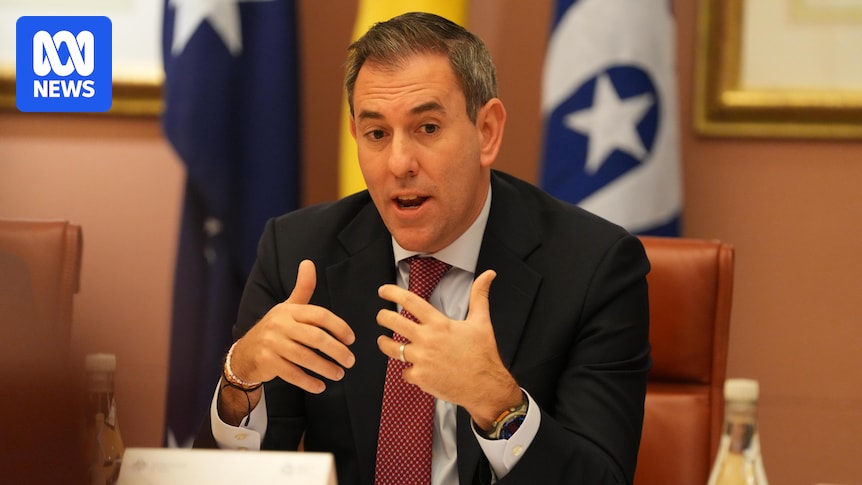
In a pivotal moment for Australia’s economic future, Treasurer Jim Chalmers has acknowledged the nation’s tax system as “imperfect,” while announcing a newfound consensus for broader tax reforms aimed at addressing intergenerational inequity. This declaration came at the conclusion of the government’s three-day economic reform summit in Canberra.
Chalmers emphasized that “the hard work begins now,” following agreement on ten key priorities, including modernizing government services, boosting housing supply, and prioritizing artificial intelligence as a national focus. The summit, which wrapped up on Thursday evening, saw business leaders, union chiefs, and bureaucrats engage in intense discussions, isolated from external distractions, to tackle Australia’s productivity challenges.
Key Outcomes of the Summit
Participants described the discussions as constructive, with broad consensus on the need to enhance budget sustainability, address intergenerational tax inequity, streamline housing project approvals, and focus on the future of artificial intelligence. Notably, tax reform emerged as a contentious issue, with Chalmers not ruling out the introduction of a road-user charge before the next federal election.
The government has identified three priority areas for tax reform: intergenerational equity, incentivizing business investment, and simplifying the tax system to accommodate demographic changes, such as an aging population. “There was a lot of support for trying to put a structure around the work that we will now do as a government,” Chalmers stated.
“The first one is about a fair go for working people and including in inter-generational equity terms. The second one was about an affordable, responsible way to incentivize business investment, recognizing the capital deepening challenge that we have in the economy. And then thirdly, how we make the system simpler, more sustainable so that we can fund the services that people need.”
According to sources, the Treasury and the Productivity Commission will be tasked with developing policies in these areas in the coming months.
Immediate Steps and Future Plans
Chalmers outlined several “quick wins” the government aims to achieve, including abolishing numerous “nuisance tariffs” in collaboration with Trade Minister Don Farrell, and directing Housing Minister Clare O’Neil to streamline the National Construction Code and expedite environmental approvals. Industry Minister Tim Ayres is tasked with accelerating a national AI strategy, while Finance Minister Katy Gallagher will draft a regulatory reform bill to reduce compliance burdens under a new “tell us once” principle.
One of the most significant shifts discussed was the potential implementation of a road-user charge, a reform considered inevitable as fuel excise revenue declines with the rise of electric and more efficient vehicles. Chalmers confirmed the idea has gained momentum, although a specific model has yet to be finalized.
Looking Ahead: National Collaboration
NSW Treasurer Daniel Mookhey, whose state has already legislated a road-user charge for 2027, will meet with other state counterparts in Canberra on September 5 to explore the feasibility of a national scheme. It is anticipated that state and territory treasurers may also be asked to endorse other proposals from the summit once they are reviewed by the cabinet.
Chalmers assured that the summit’s recommendations would complement, not override, ministerial decisions, emphasizing a collaborative approach with cabinet colleagues and state governments. “I want to assure my cabinet colleagues, the government more broadly, that in this government, cabinet ministers are front and center and all of the work that we propose to do, we propose to do together,” he stated.
This development follows Treasurer Chalmers’ earlier remarks at the National Press Club in June, where he asserted that “no sensible progress can be made on productivity, resilience or budget sustainability without proper consideration of more tax reform.” However, Prime Minister Anthony Albanese has tempered expectations for immediate changes, suggesting that the ideas from the summit could shape future budgets or be presented to voters at the next election.
The announcement comes as Australia grapples with economic challenges, including an aging population and the need for sustainable growth strategies. The outcomes of the summit signal a commitment to addressing these issues through collaborative reform efforts, setting the stage for potentially transformative changes in the nation’s economic landscape.







